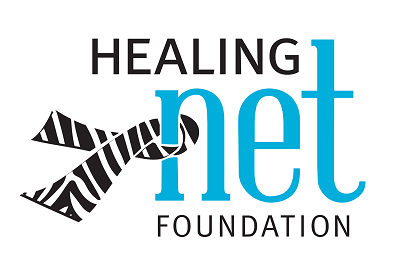Zebras are Different--Scans are too.
/Radiology Scans in NETs
People use scans all the time for following all kinds of medical conditions and this is no different for NETs. Scans are really important for us because they give great information. However, it's important to know the strengths of the scans and the kind of information you get from each one so you don't miss something. I feel strongly that you see a NET specialist because NETs do not image in the more "traditional" ways as other types of cancers.
CT scan - we are all familiar with this scan. It is fast and can take beautiful black & white pictures. Essentially, it is a fancy x-ray. It's strengths are relative consistency across the country, it's speed, and its detail. However, it misses things too. First, the timing of the contrast they inject into your veins is critically important for NETs. If the "protocol" is done incorrectly, the tumors can be invisible. Second, you only get information on the part of the body you are scanning. Since it is only black and white, if doesn't give you any information about the nature of the tumors. And of course, there is radiation involved.
MRI scan - this is a great scan with strengths and weaknesses also. It can take pictures of your body with magnets. It's strengths are the brain, the liver, and bones/muscles. It's not so great for other organs because there's too much movement that can make the pictures cloudy. For NETs, I like it most for the liver. It can pick up about 20% more tumors and it's not radiation based. But, it's more expensive and takes more time to do and can be difficult if you claustrophobic.
Octreoscan - the workhorse of NETs, it is a nuclear scan that tells us information about the tumors. First, it confirms they are NETs and it is a very broad scan, so it will scan your whole body and pick things up. The problem is that it is two days, the pictures are VERY fuzzy, and it misses lots of tumors. Another problem is most radiologists across the country are not used to reading them. So it's not the strongest test, but it's what we have.
PET Scan - now this is an important point, so take a look at the old blog I wrote about 68-gallium. One thing I want to mention here is that the more common FDG-PET scan is not so useful for NETs because our tumors generally grow slowly. FDG tends to show up for fast growing, aggressive tumors.
Hope that helps you understand some of the uses of our scans.
Eric Liu, M. D.





